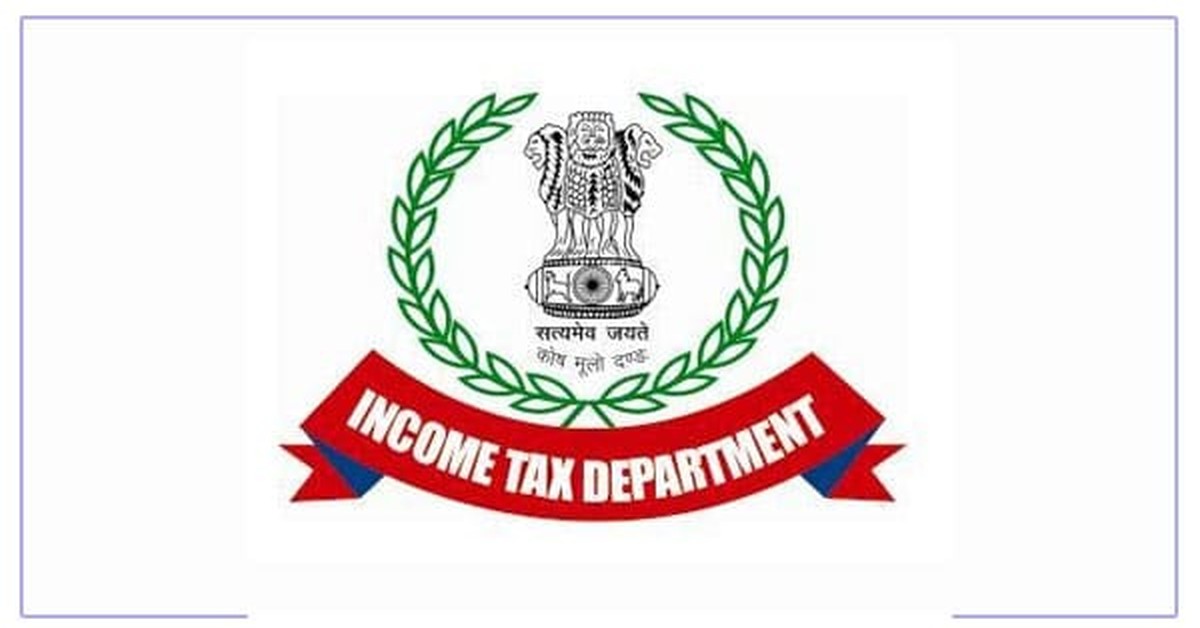As the deadline for filing Income Tax Returns (ITR) for the assessment year 2024-25 approaches on July 31, the Income Tax Department has issued a stern warning to taxpayers against making fraudulent claims. The department cautions that inflating expenses, under-reporting earnings, or exaggerating deductions is a punishable offense and may cause delays in refund issuance.

Over Five Crore ITRs Filed So Far
According to the Central Board of Direct Taxes (CBDT), more than five crore ITRs have been filed as of July 26. In a recent public communication, the Income Tax Department urged taxpayers to file their returns accurately to ensure timely refunds.
"Refund claims are subject to verification checks, which may cause delays. Accurate filing of ITR leads to quicker processing of refunds. Any discrepancies in the claims made will prompt a request for a revised return," the department stated.
Emphasis on Accurate Claims
The department highlighted the importance of correct and accurate claims, advising against claiming incorrect Tax Deducted at Source (TDS) amounts, under-reporting income, exaggerating deductions, or submitting bogus expense claims. "Filing a false or bogus claim is a punishable offense," the statement reiterated.
Old vs. New ITR Filing Regime
Taxpayers can avail a variety of deductions and exemptions under the old ITR filing regime, while the new regime offers lower tax rates without these benefits. CBDT Chairman Ravi Agrawal noted that over 66% of ITR filings this year were under the new regime, which the government promotes to simplify the direct tax system.
Responding to Refund Delays
In cases of delayed refunds, taxpayers are advised to check their e-filing accounts for messages from the I-T department and respond through the "pending action and worklist section" tab.
Extended Refund Withholding Proposal
Agrawal also addressed the recent Budget proposal to extend the refund withholding period up to 60 days from the current 30 days. He explained that this extension would apply mainly to cases where there is an existing demand or a likely demand against the same assessee.
"This is just rationalizing the timeline effectively. But such cases would be very minuscule in number," Agrawal said, adding that it is primarily an enablement measure.
As the ITR filing deadline nears, taxpayers are reminded to ensure the accuracy of their filings to avoid legal consequences and ensure timely refunds.





 CAclubindia
CAclubindia

